Home>Home Maintenance>Home Inspection When Buying A House


Home Maintenance
Home Inspection When Buying A House
Modified: March 6, 2024
Ensure a smooth home buying experience with a comprehensive home inspection. Trust our experts to assess the condition of the property and provide essential maintenance insights.
(Many of the links in this article redirect to a specific reviewed product. Your purchase of these products through affiliate links helps to generate commission for Storables.com, at no extra cost. Learn more)
Introduction
Buying a house is an exciting and significant milestone in life. However, it can also be a complex and daunting process, especially for first-time homebuyers. One crucial aspect of purchasing a house is conducting a thorough home inspection.
A home inspection is a comprehensive examination of a property’s condition, aiming to identify any potential issues or problems that could affect the safety, functionality, or value of the house. It provides valuable insights into the overall condition of the property, allowing buyers to make informed decisions and negotiate repairs or price adjustments if necessary.
In this article, we will guide you through the process of home inspection when buying a house. We’ll take you step by step, from understanding the importance of home inspection to finalizing the purchase agreement. So let’s dive in and learn how you can ensure that the house you’re buying is in good shape and meets your expectations.
Key Takeaways:
- Don’t skip the home inspection when buying a house! It helps uncover hidden issues, ensures safety, and empowers you to negotiate repairs or price adjustments, protecting your investment and future maintenance.
- Find a qualified home inspector by researching, checking credentials, and reading reviews. Prepare for the inspection, understand the report, and negotiate repairs or price adjustments to make an informed decision and ensure a smooth closing process.
Step 1: Why Home Inspection is Important
Before committing to the purchase of a house, it is crucial to understand why a home inspection is essential. Here are a few reasons why home inspection is important:
- Identify Potential Issues: A home inspection helps uncover any hidden problems or issues that may not be immediately apparent during a casual walkthrough. It can reveal structural issues, electrical problems, plumbing leaks, mold, pest infestations, and more. Identifying these issues allows you to assess the potential costs of repairs or renovations.
- Assess Overall Condition: A home inspection provides an objective assessment of the overall condition of the property. It helps determine if the house has been well-maintained or if there are signs of neglect. Understanding the condition of the property allows you to evaluate whether it meets your expectations and if any immediate repairs are required.
- Ensure Safety: Safety should be a top priority when buying a house. A home inspection can identify safety hazards such as faulty wiring, asbestos, radon, or carbon monoxide leaks. Knowing about these potential dangers can help you make an informed decision and take the necessary steps to rectify them before moving in.
- Negotiate Repairs or Price Adjustments: If the home inspection reveals significant issues, you can use the findings to negotiate repairs or request a price adjustment. This negotiation can protect you from unexpected expenses and ensure that the house is in a satisfactory condition before completing the purchase.
- Plan for Future Maintenance: Understanding the condition of the property allows you to anticipate and plan for future maintenance or upgrades. By knowing the age and lifespan of various components, such as the roof, HVAC system, or appliances, you can budget and prepare for their replacements or repairs.
Overall, a home inspection provides peace of mind, protects your investment, and empowers you to make an informed decision when buying a house. It helps you understand the true value of the property and ensures that there are no unpleasant surprises after you’ve moved in. So, let’s move on to the next step and learn how to find a qualified home inspector.
Step 2: Finding a Qualified Home Inspector
When it comes to home inspection, hiring a qualified and experienced home inspector is crucial. Here are some steps to help you find a reliable and competent home inspector:
- Research Local Home Inspection Companies: Start by researching local home inspection companies in your area. Look for professionals who have a good reputation and solid experience in the industry. You can ask for recommendations from friends, family, or your real estate agent, or you can search online directories or review websites.
- Check Credentials and Certifications: Before hiring a home inspector, it’s important to verify their credentials and certifications. Look for inspectors who are members of reputable professional associations, such as the American Society of Home Inspectors (ASHI) or the International Association of Certified Home Inspectors (InterNACHI). These organizations usually have stringent requirements and ethical standards for their members.
- Ask About Experience and Specialties: Inquire about the inspector’s experience and any specialized areas of expertise. Different types of properties may have unique considerations, so it’s important to find an inspector who has experience with the specific type of house you’re buying, such as older homes, historic properties, or buildings with specific architectural features.
- Read Reviews and Testimonials: Take the time to read reviews and testimonials from previous clients. This can provide insights into the quality of the inspector’s work, their professionalism, and their attention to detail. Look for patterns of positive feedback and any red flags that may indicate a lack of reliability or competence.
- Request Sample Reports: Ask the potential home inspector for sample inspection reports. Reviewing these reports will give you an idea of what to expect from their services and how they document their findings. Look for reports that are detailed, thorough, and easy to understand.
- Ask About Insurance and Liability Coverage: Ensure that the home inspector carries valid insurance and liability coverage. This protects both you and the inspector in case of any accidents or errors during the inspection process.
- Get Multiple Quotes: Lastly, request quotes from multiple home inspectors to compare their prices and services. Remember that the cheapest option may not always be the best choice. Consider the inspector’s qualifications, experience, and reputation alongside the cost to make an informed decision.
By following these steps, you can find a qualified home inspector who will provide a thorough and reliable assessment of the property you’re interested in buying. Once you’ve selected an inspector, it’s time to move on to the next step: preparing for the home inspection.
Step 3: Preparing for the Home Inspection
Preparing for the home inspection is crucial to ensure a smooth and efficient process. Here are some steps to help you get ready:
- Gather Documents and Information: Collect any documents related to the property, such as past inspection reports, warranty information, permits, renovation records, and maintenance records. This information can provide valuable insights into the history of the property and any repairs or upgrades that have been made.
- Clear Access to Utilities and Areas: Ensure that the inspector has clear access to all areas of the property, including the attic, basement, crawl spaces, and electrical panels. Clear away any clutter or obstructions to make the inspection process easier.
- Attend the Inspection: Whenever possible, plan to attend the home inspection. This allows you to ask questions, gain a better understanding of the inspector’s findings, and address any concerns you may have directly. It also gives you the opportunity to learn more about the property and its systems.
- Dress Appropriately: Dress comfortably and wear appropriate clothing for the home inspection. You may need to crawl into tight spaces, climb ladders, or walk on uneven surfaces, so wear practical footwear and clothes that you don’t mind getting dirty.
- Make a Checklist of Concerns: Before the inspection, make a list of any specific concerns or areas of interest that you want the inspector to pay special attention to. This can include potential issues you’ve noticed during previous visits or questions you have about certain components of the property.
- Keep an Open Mind: It’s important to approach the home inspection with an open mind. While it’s natural to have certain expectations about the property, be prepared for potential issues or findings that may require further investigation or consideration. The purpose of the inspection is to uncover any hidden problems, so be receptive to the inspector’s findings.
By taking these steps, you can ensure that you are well-prepared for the home inspection and make the most out of the process. The next step will guide you through what to expect during the home inspection itself.
Step 4: What to Expect During the Home Inspection
During the home inspection, a qualified inspector will conduct a thorough evaluation of the property to assess its condition and identify any potential issues. Here’s what you can expect during the home inspection process:
- Visual Examination: The inspector will perform a visual examination of the property, both inside and outside. They will carefully inspect the foundation, roof, walls, windows, doors, plumbing systems, electrical systems, HVAC systems, and other components of the house. They will also examine the attic, basement, crawl spaces, and any accessible areas to check for signs of moisture, leaks, or structural issues.
- Testing and Measurements: The inspector may use specialized tools and equipment to test different systems and components. For example, they may use a moisture meter to detect water damage, a gas detector to check for gas leaks, or a thermal imaging camera to identify potential insulation issues. They may also measure the humidity levels, check for proper ventilation, and test the functionality of appliances, switches, and outlets.
- Documentation and Photography: The inspector will document their findings and may take photographs or videos to provide evidence of any issues they come across. These records will be included in the inspection report, which you will receive later.
- Explanations and Recommendations: Throughout the inspection, the inspector will explain their findings, answer your questions, and provide recommendations for repairs or further evaluations if necessary. They may also offer suggestions for routine maintenance or improvements that can enhance the safety and functionality of the property.
- Timeframe: The duration of a home inspection can vary depending on the size and complexity of the property. On average, a thorough inspection may take a few hours to complete. It’s important to allocate enough time for the inspection to ensure that the inspector can perform a comprehensive evaluation without feeling rushed.
- Limitations: It is important to note that a home inspection has certain limitations. The inspector’s assessment is based on what is visible and accessible at the time of the inspection. They cannot perform invasive or destructive testing, so there may be hidden issues that cannot be discovered without further investigation. Additionally, inspectors are not responsible for predicting future issues or estimating the remaining lifespan of components.
By understanding what to expect during the home inspection, you can approach the process with confidence and fully comprehend the findings outlined in the inspection report. Speaking of which, the next step will guide you on how to interpret and understand the home inspection report.
Before buying a house, always get a professional home inspection. It can uncover hidden issues and save you from costly repairs down the road.
Read more: Drainage Considerations When Buying A House
Step 5: Understanding the Home Inspection Report
After the completion of the home inspection, you will receive a detailed inspection report that outlines the findings and observations of the inspector. Understanding the home inspection report is crucial to make informed decisions and prioritize necessary repairs or adjustments. Here’s how to interpret and understand the home inspection report:
- Review the Summary: Start by reading the summary section of the report. This section provides an overview of the major findings and highlights any significant issues that need immediate attention. It helps you quickly identify any urgent repairs or safety concerns.
- Pay Attention to the Details: Go through the report thoroughly and pay attention to the details. The report should provide a comprehensive breakdown of each area of the property that was inspected, including any observed issues or concerns. Take note of specific components, systems, or areas that require further evaluation or professional assessment.
- Understand the Severity of Issues: The report may classify the identified issues based on their severity or urgency. Common classifications include major concerns, moderate issues, and general maintenance recommendations. This categorization can help you prioritize repairs and make informed decisions regarding negotiations or further evaluations.
- Consider the Age of the Property: Keep in mind the age of the property when reviewing the report. Older homes may naturally have more wear and tear or require updates due to outdated systems or materials. Understanding the context of the age of the property can help you determine if certain issues are expected or if they require immediate attention.
- Consult with the Inspector: If you have any questions or need clarification about the report, don’t hesitate to reach out to the inspector. They can provide further insights into their findings, explain technical terms or concepts, and give recommendations on the next steps to take.
- Seek Professional Opinions: Depending on the nature of the issues identified in the report, you may need to seek professional opinions or evaluations. For example, you may need to hire a specialized contractor, electrician, plumber, or structural engineer to assess specific concerns in more detail.
Remember that the home inspection report provides a snapshot of the property’s condition at the time of the inspection. It is an essential tool for making informed decisions, negotiating repairs or adjustments, and planning future maintenance. By understanding the report, you can move on to the next step of negotiating repairs or price adjustments with the seller.
Step 6: Negotiating Repairs or Price Adjustments
Once you have reviewed the home inspection report and identified any significant issues or concerns, it’s time to negotiate repairs or price adjustments with the seller. Here are some steps to guide you through this process:
- Prioritize the Issues: Begin by prioritizing the issues based on their severity, urgency, and potential cost. Focus on the major concerns or safety hazards that could significantly impact the value or livability of the property. These issues should take priority during negotiations.
- Consult with Professionals: Seek advice from professionals such as contractors, plumbers, or electricians to get a better understanding of the repair costs involved. Their expertise can help you assess the extent of the repairs required and give you an estimate of the associated expenses.
- Prepare a Proposal: Prepare a clear and detailed proposal outlining the repairs or price adjustments you are requesting. Be specific about the issues and the desired resolution, whether it’s requesting repairs to be completed before closing or asking for a reduction in the purchase price to cover the cost of repairs.
- Consider Multiple Options: It’s essential to be open to different negotiation options. You can propose that the seller completes the repairs using their own contractors or request a credit or reduction in the purchase price to cover the cost of repairs. Alternatively, you can negotiate a combination of repairs and price adjustments.
- Communicate Effectively: Clearly communicate your concerns, expectations, and proposed solutions to the seller or their agent. Use a calm and professional approach to express your desires while remaining open to compromise and finding a mutually beneficial resolution.
- Document Everything: Keep a record of all communication, including emails, phone calls, and any agreed-upon changes or repairs. Having a documented trail of the negotiation process can protect both parties and provide clarity in case of any future disputes.
- Be Prepared for Compromise: Recognize that negotiations involve give and take. Be open to compromising on certain issues while remaining firm on others that are critical to your satisfaction and the overall value of the property.
- Get a Final Inspection: Once the repairs or adjustments have been agreed upon, consider scheduling a final inspection to ensure that the required work has been completed satisfactorily before finalizing the purchase agreement.
Successful negotiation of repairs or price adjustments can lead to a fair resolution that addresses the identified issues in a satisfactory way. By following these steps and maintaining clear and open communication, you can navigate this negotiation process effectively and reach an agreement that meets your needs.
Step 7: Finalizing the Purchase Agreement
After negotiations on repairs or price adjustments, it’s time to finalize the purchase agreement. This step involves putting the agreed-upon terms into writing and ensuring a smooth closing process. Here are some key considerations:
- Consult with Your Real Estate Agent or Attorney: Seek guidance from your real estate agent or attorney to ensure that all necessary paperwork and legal requirements are met during the finalization of the purchase agreement. They can help navigate the contractual aspects and ensure that your rights and interests are protected.
- Incorporate Agreed-Upon Terms: Make sure that all the agreed-upon repairs, price adjustments, or other terms from the negotiation process are clearly stated in the purchase agreement. This includes any amendments or addendums that have been agreed upon between you and the seller.
- Set a Timeline for Completion: Establish a timeline for the completion of repairs, if applicable. This ensures that all necessary work is finished before the closing date, allowing for a smooth and timely transition of ownership.
- Arrange for a Final Walkthrough: Before the closing date, schedule a final walkthrough of the property to ensure that the agreed-upon repairs or changes have been completed as specified. This gives you an opportunity to verify the property’s condition and make sure that everything is in order.
- Review Closing Documents: carefully review all closing documents provided by your lender or attorney. These include the final settlement statement, mortgage documents, and any other contracts or disclosures. If you have any questions or concerns, don’t hesitate to seek clarification before signing.
- Perform Due Diligence: Use this time to perform any additional due diligence, such as conducting a title search or further inspections if necessary. This helps ensure that there are no outstanding issues or surprises that may affect the property’s ownership or value.
- Coordinate with the Lender: Coordinate with your lender to finalize the financing aspects of the purchase. Provide any required documentation promptly and follow their instructions to ensure a smooth closing process.
- Attend the Closing: On the scheduled closing date, attend the closing meeting along with the seller and other necessary parties. Review and sign all the required documents to finalize the purchase agreement. Be prepared to make any necessary payments, such as the down payment or closing costs, as outlined in the settlement statement.
- Obtain the Keys and Transfer of Ownership: Upon completion of the closing process, you will receive the keys to your new home and officially become the owner. Make sure to obtain all necessary documents, including the deed, title insurance, and homeowners insurance policy.
By following these steps and ensuring that all necessary paperwork is in order, you can finalize the purchase agreement smoothly and complete the transition to your new home. Congratulations on successfully completing the home-buying process!
Conclusion
Buying a house can be a complex and overwhelming process, but undergoing a thorough home inspection can provide valuable insights and peace of mind. By following the steps outlined in this guide, you can navigate the home inspection process with confidence and make informed decisions about your potential future home.
The importance of a home inspection cannot be overstated. It helps identify potential issues, assess the overall condition of the property, ensure safety, and provide a basis for negotiating repairs or price adjustments. With the help of a qualified home inspector, you can gain a deeper understanding of the property’s strengths and weaknesses and make an informed purchase decision.
Remember to research local home inspection companies, verify their credentials, and seek recommendations. Prepare for the inspection by gathering relevant documents, ensuring access to all areas of the property, and attending the inspection if possible. Understand the home inspection report by reviewing the summary, paying attention to details, and seeking professional opinions when needed.
After reviewing the report, you can then enter the negotiation phase, prioritizing issues, preparing a proposal, and communicating effectively with the seller. Finalize the purchase agreement by including the agreed-upon terms, setting a timeline for repairs, reviewing closing documents, and attending the closing meeting.
By following these steps, you can navigate the home inspection process with confidence and ensure that you are making a well-informed decision about one of the most significant investments of your life. A thorough home inspection allows you to move forward with your purchase, knowing that you have evaluated the property’s condition and prepared for any necessary repairs or adjustments.
Remember, a home inspection is an investment in your future. It not only provides insights into the property you’re buying but also empowers you to protect your investment, maintain a safe living environment, and plan for future maintenance or upgrades. With a knowledgeable and experienced home inspector by your side, you can embark on your homeownership journey with peace of mind and the confidence that you’ve made a well-informed decision.
Frequently Asked Questions about Home Inspection When Buying A House
Was this page helpful?
At Storables.com, we guarantee accurate and reliable information. Our content, validated by Expert Board Contributors, is crafted following stringent Editorial Policies. We're committed to providing you with well-researched, expert-backed insights for all your informational needs.
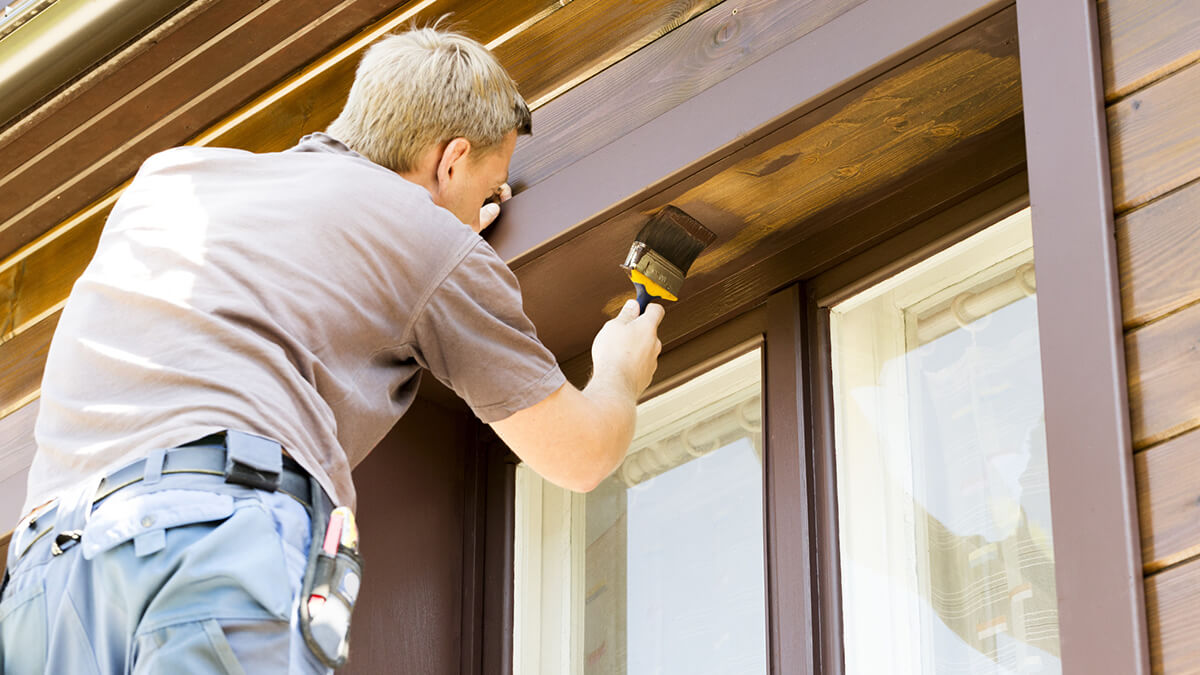


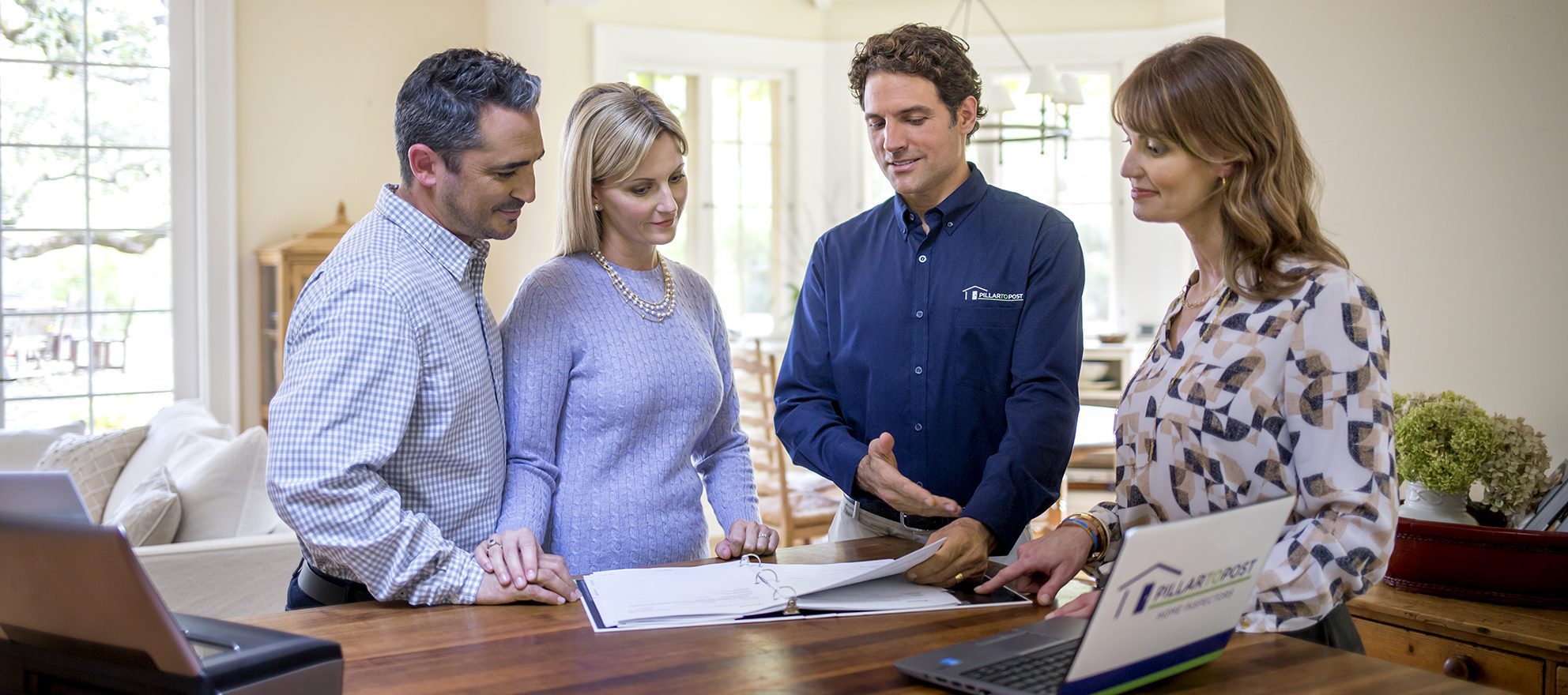



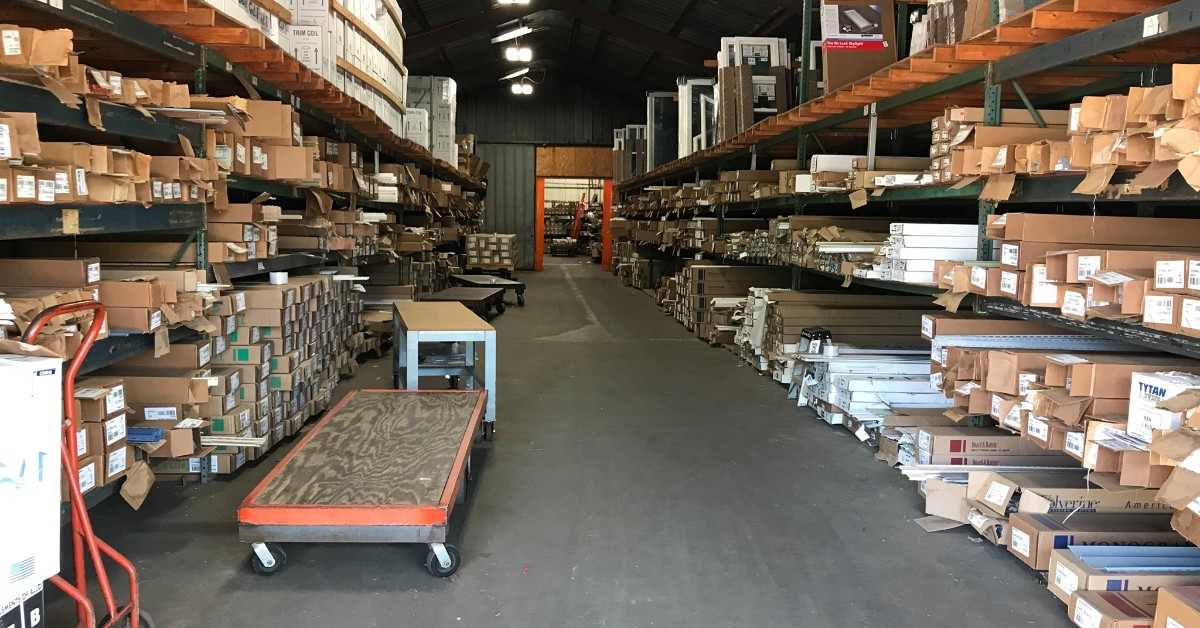
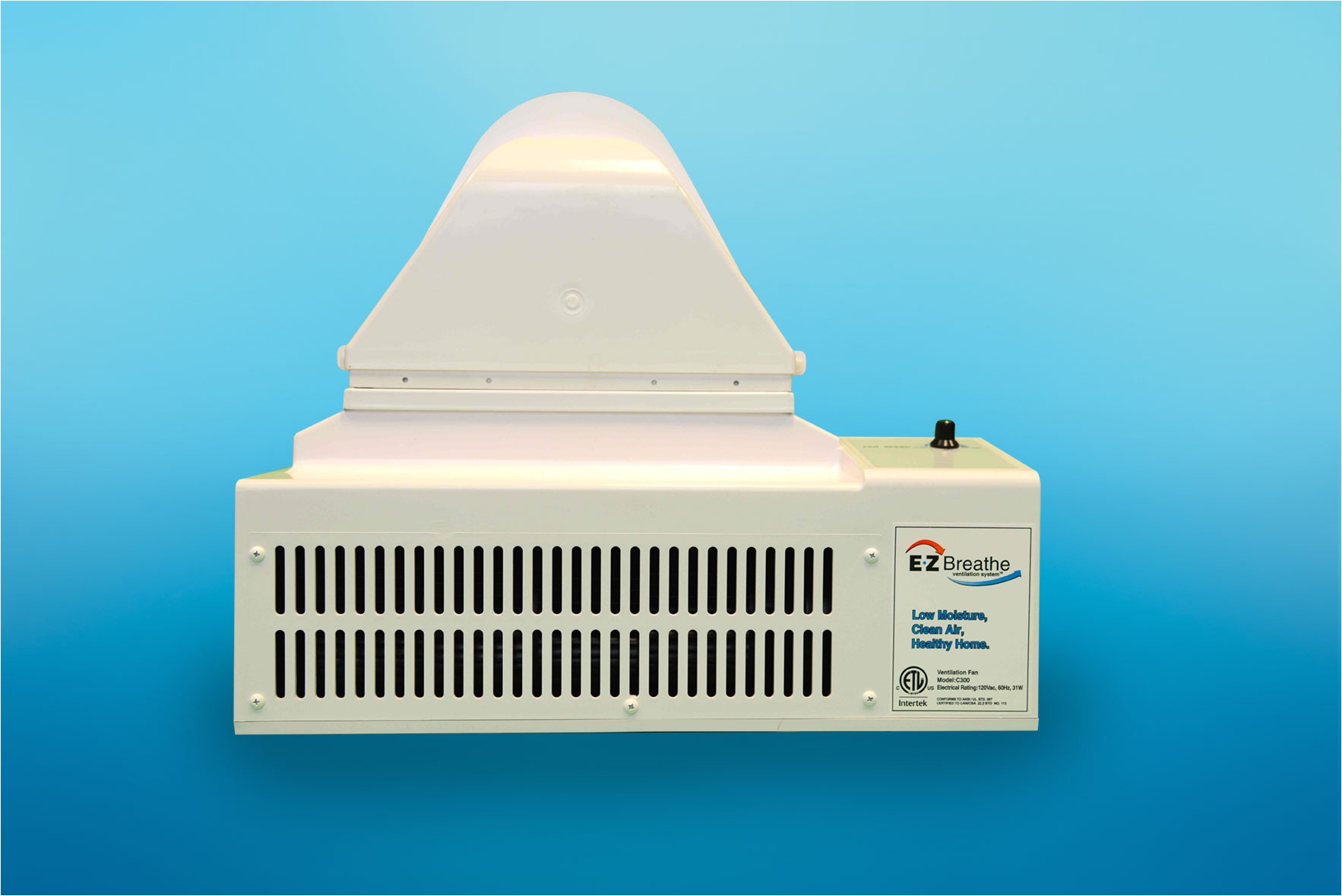
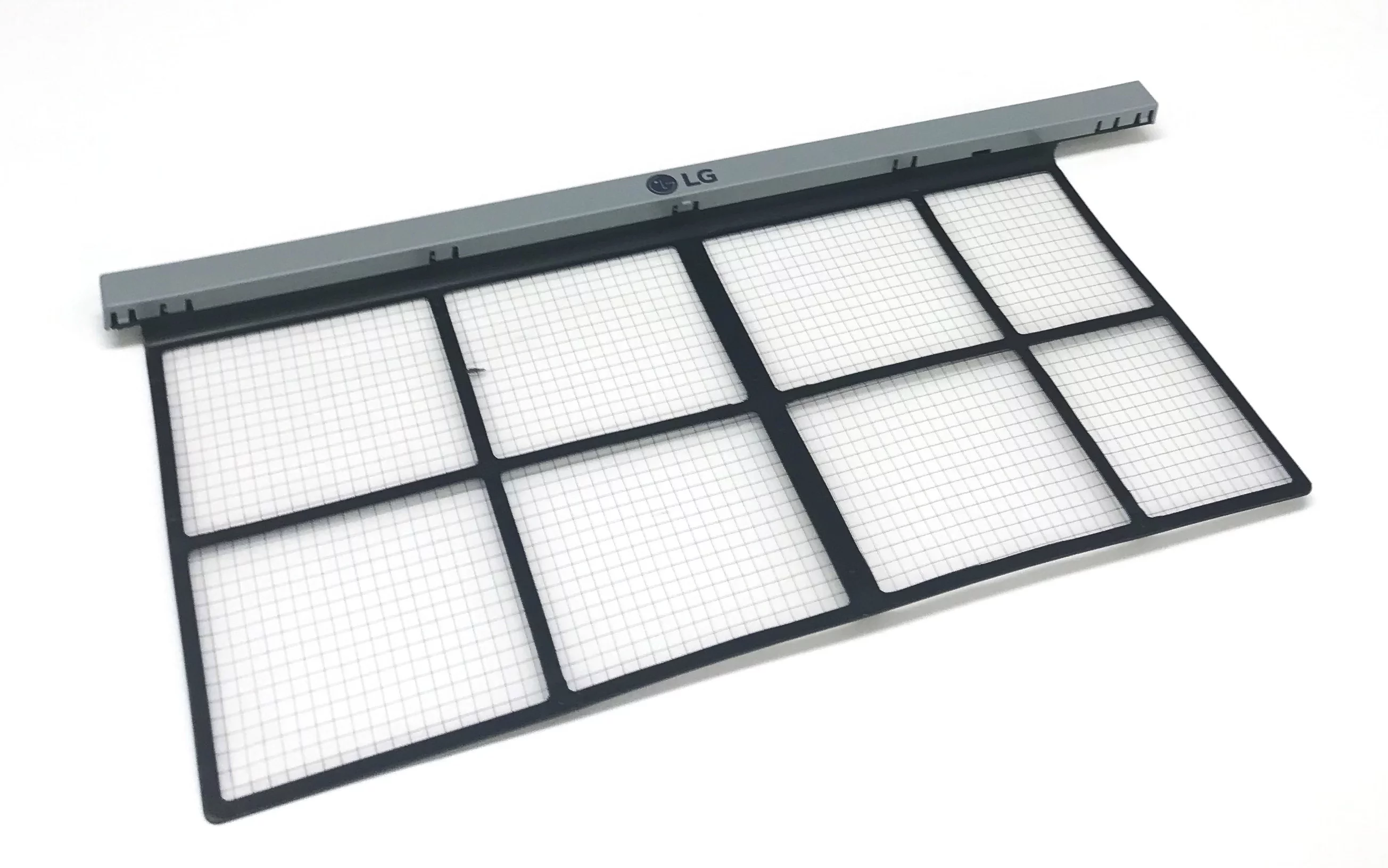
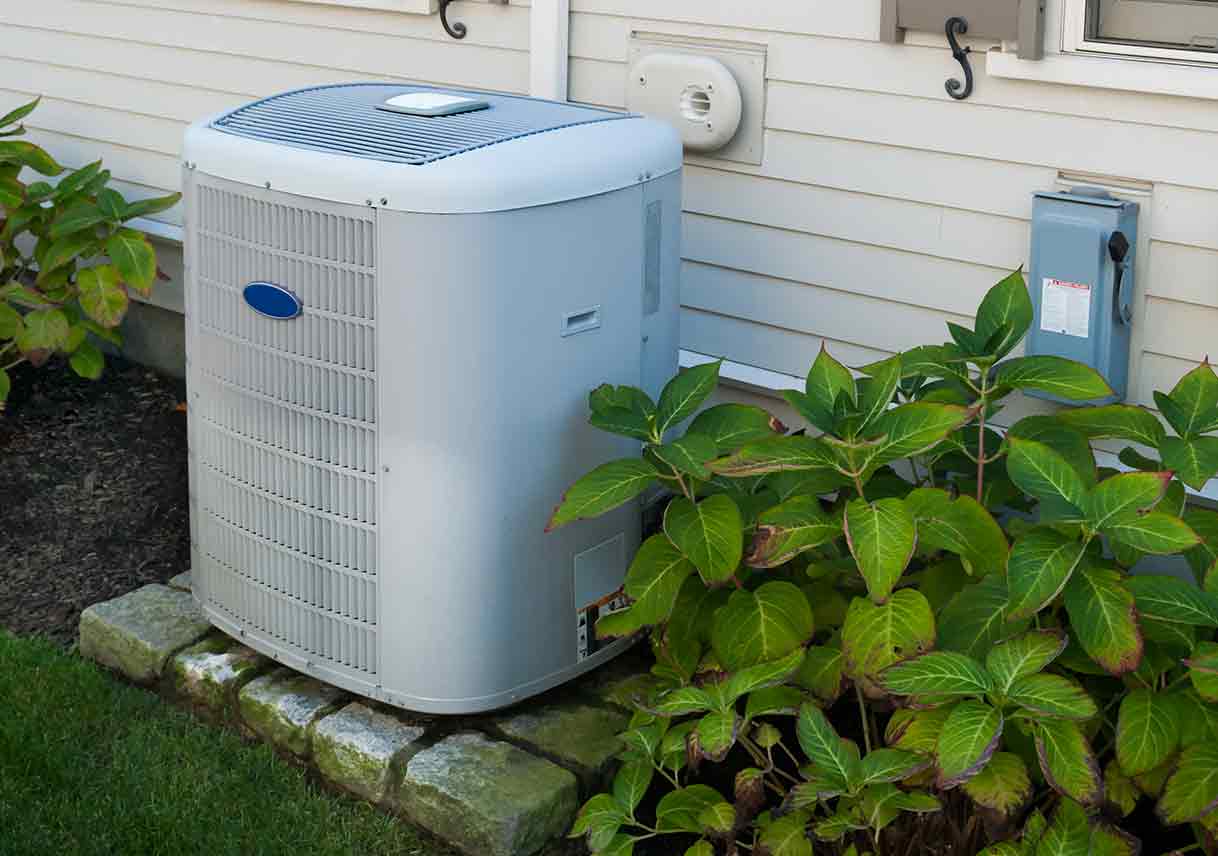


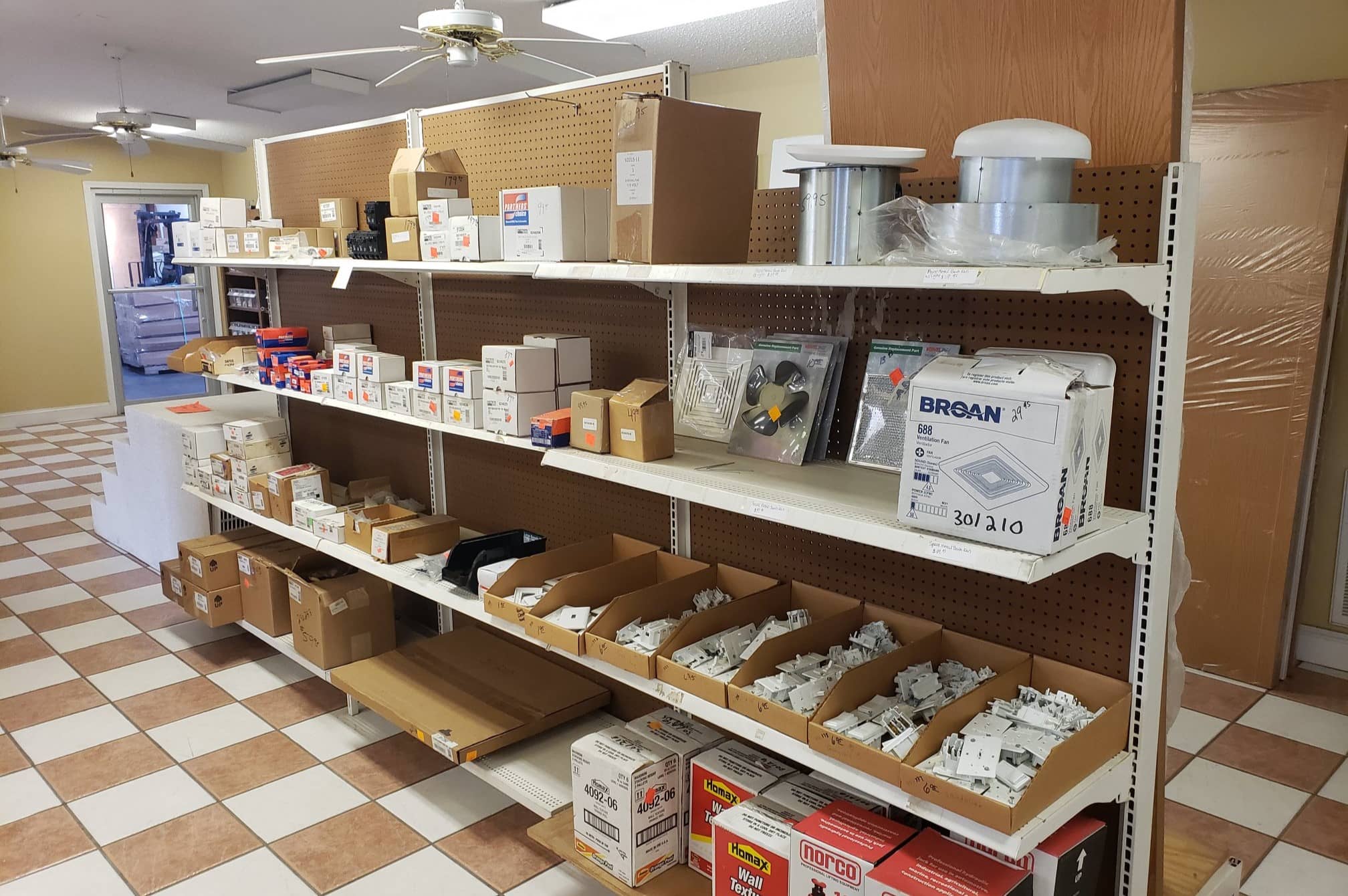

0 thoughts on “Home Inspection When Buying A House”